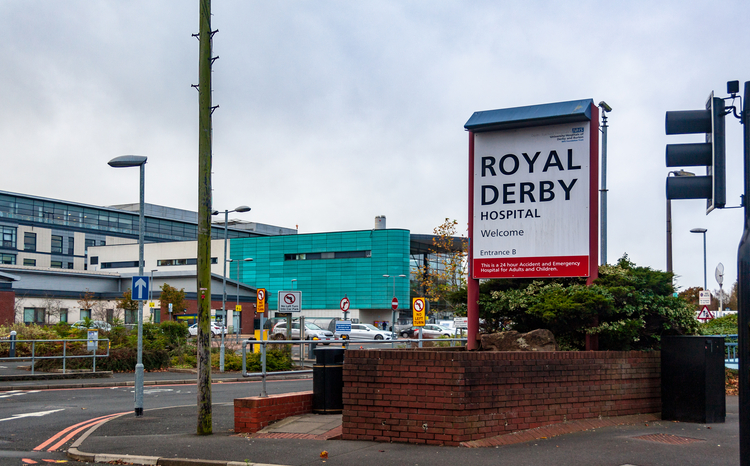EC flags benefits of Notts Cisco network
- 13 April 2010
A report has shown that patient waiting times at Nottingham University Hospitals NHS Trust have been cut by a third following the implementation of a Cisco network and telephony system.
The trust implemented a medical grade network to underpin wired and wireless communications after identifying communications problems in its emergency department.
These were causing delays to patient care and putting strain on staff required to deliver the governemnt’s four hour waiting time target.
Following the review, the trust worked with NextiraOne to introduce the network and supporting technologies.
A key part of the £4.2m (€4.8m) investment was the introduction of portable wi-fi phones that allow for internal calls at no extra cost.
The phones also offer a range of smart messaging options, such as automatic updates from clinical systems and the ability to provide the location and work status of users.
Further technologies include the Cisco Unified Application Environment, a messaging system that links the emergency department to the hospital’s pathology and radiology information systems.
As a result, messages can be sent to relevant clinicians when results have been completed and to porters to collect patient to prevent them waiting. The trust is also using RFID to locate equipment.
Ian Smith, deputy director of ICT services at Nottingham University Hospitals, said: “There’s no rocket science behind it; it’s very straightforward wireless networking and IP telephony and alerting to individuals via that system.”
The report by the European Commission and the Association of Chartered Certified Accountants shows that before the system was implemented, patients spent 75% of their time in the emergency department waiting to be seen. This was reduced by 28% when the infrastructure was put in place.
The report estimates that the total time saving for clinicians is seven hours per day, or one full time doctor per year. The trust is expecting to see a full return on investment within 14 months.
The phones have also allowed clinicians to take sensitive telephone conversations to more private areas and reduced issues around confidentiality and security, as staff no longer have their name and next location called out over the tannoy system.
Florin Lupescu, director of ICT addressing societal challenges at DG INFSO, European Commission, said: “This is the third such report published by the ACCA in association with the European Commission.
"It provides important food for thought as many useful lessons can be drawn in addressing the challenges Europe faces in the delivery of safe, efficiency, high quality and accessible healthcare.”
Report: Collaboration and communication technology at the heart of hospital transformation (pdf).
Links: Cisco




